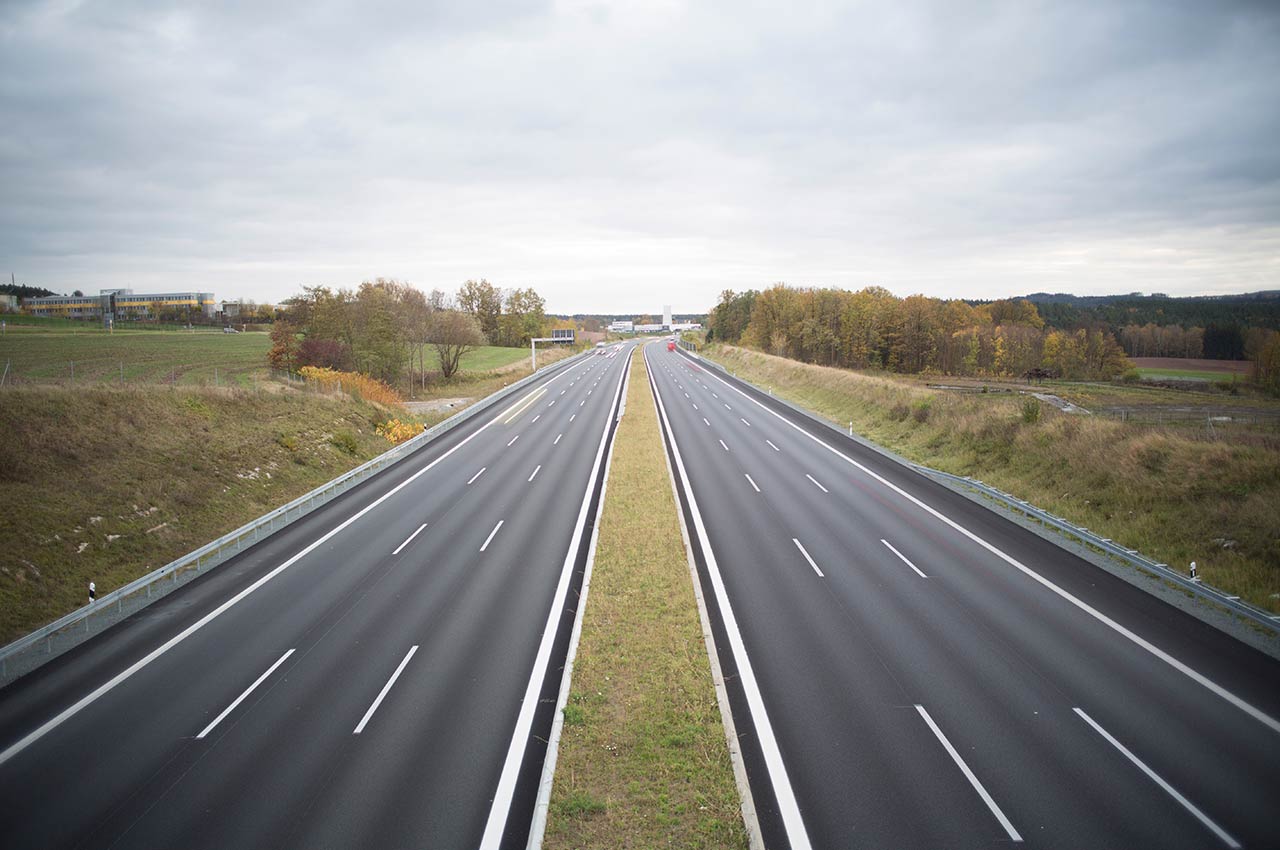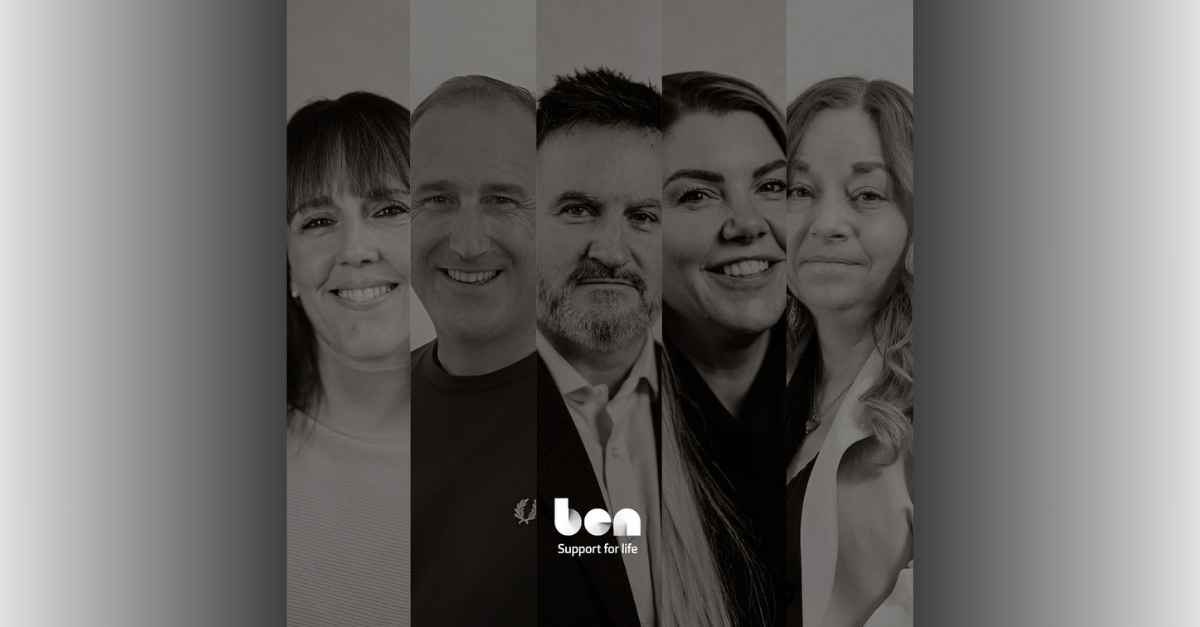When the clock struck midnight on 31 December 2019, no one could have foreseen what 2020 had in store for us.
But within just a few months industry and individuals alike were rapidly adjusting to an entirely new reality as the Covid-19 pandemic spread across the world. Some sectors have been merely disrupted by the crisis, while others have been completely decimated. The automotive aftermarket sits somewhere in the middle, although the damage has still been extreme.
Volumes
The impact of lockdown in the UK was felt immediately in claims volumes. Prime Minister Boris Johnson imposed a nationwide lockdown on 23 March, and almost overnight volumes collapsed by about 80%. They continued to bump along at that base level for nearly two months, until a tentative upturn saw volumes climb to around 38% by late May. As restrictions were gradually lifted the slow recovery continued into the summer, and by mid-July much of the aftermarket was operating between 60% and 70% of normal levels.
Another uptick to around 80% occurred at the start of September as schools returned and government encouraged workers to return to the office, and it was widely accepted that volumes would plateau at that level until the end of the year.
Cautious
However, many remained cautious of these predictions and their circumspection has proven wise as coronavirus cases have risen sharply during September. Government has reversed its return-to-work advice, restrictions have been reintroduced across large swathes of the country – mainly London and the north – while the threat of a second national lockdown remains real.
As such, the strength of the recovery varies from region to region, and, according to Peter Cox, European motor claims procurement manager, QBE from sector to sector. He suggested that volumes were much slower to return in the commercial sector as fleet managers worried about supply chain issues delaying repairs.
He said, ‘It’s all a confidence issue. Fleets are reluctant to let go of their vehicles because of the perception they won’t get them back for a long time. So as long as the vehicle is still road legal they’re reluctant to have minor damage repaired.’
Anticipating the impossible
One thing is clear though – the virus is still a live issue and anticipating where the market will go in the near future is next to impossible.
Wayne Mason-Drust, managing director, Accident Express Group, said, ‘Volume repairers knew what they would get if they hit a certain number of jobs. I am struggling to understand how they will consistently hit those numbers, so I think they need to be fluid, with a 50% flex in capacity levels, from 70% to 120% with not too much stress.’
For a better understanding of how the pandemic has affected the sector this year, a series of industry surveys carried out by Trend Tracker, ARC360 and the NBRA are freely available for download.
Global impact
Of course, the crisis has been damaging for the entire automotive industry. The Society of Motor Manufacturers and Traders has predicted that the UK will produce just below 885,000 cars this year, down 34% on 2019. This fall in car production, following the closure of factories in the spring, could cost manufacturers more than £9.5bn. So far more than 13,500 jobs have been lost in the sector, but the SMMT believes as many as one in six jobs could be under threat.
Taking a wider view, Sean Carey, president of SCG Management Consultants, believes that globally there will be 35 million less vehicle shipments this year. He estimates the cost to vehicles manufacturers at $166bn immediately, and the same again in lost aftersales services over the next seven or eight years.
Successes
Faced with these gloomy statistics, it’s hard to believe that some within the sector have bucked the trend and actually grown their businesses but it has been happening and here’s just a few examples:
- React Accident Repair Group has opened a new site in Scunthorpe, creating 12 new jobs immediately, rising to 20.
- The Vella Group has signed to take over a unit at Infrared Capital Partner’s Knowsley industrial complex on a 10-year lease.
- iRG has built on January’s management buyout to open a new site in Birmingham.
- Fix Auto UK’s first purpose-built repair centre is on course to be fully operational by November.
- Activate Group is investing £15m to expand its bodyshop division, Activate Accident Repair, opening a further 15 sites and creating over 750 jobs.
- Redde Northgate has taken over 77 of Nationwide Accident Repair Services’ 102 sites as well as a fleet of mobile repair vans, saving upwards of 2,300 jobs.
And many more besides have already or plan to take such action in the near future.
Technology
Looking behind these success stories, there is a common thread – each has approached the crisis with a positive mindset and used the slowdown in workload productively by assessing their wider business and making the sorts of efficiency savings that might have been too daunting with a full workshop.
An obvious opportunity for improvement has come in the greater use of technology. In many cases, this has not been about adopting new technology but simply making better use of the technology already available.
Influenced heavily by rules on social distancing, many of the efficiencies have come in the form of remote solutions such as:
- Video conferencing
- Home working
- Remote assessments
Better use
Speaking in an exclusive ARC360 podcast, Sam Smith, who manages repair centres Fix Auto Keighley, Fix Auto Bradford and Fix Auto Leeds South, and is developing the new purpose-built site in Leeds, said, ‘We’ve made much better use of video chat since we people couldn’t meet up. That’s been a real help in looking after our management teams. Previously if we wanted to introduce something new we’d have to go to each site or book out a hotel for the morning, now we can all meet up once a month, even if it’s just for 10-15 minutes.’
He added, ‘All our engineers have tablets and one of the things we’re trying is engineering through tablet. So when a technician is stripping the vehicle they can go around it with a video camera, with the pictures going straight through to our central engineer, who can create an assessment. And the video is call is recorded, so they can go back and play it back. It’s also great for teaching.’
Remote
Meanwhile, digital solutions enabled many businesses to remain operational with staff at home. Although not always practical within a bodyshop environment, other sectors, such as insurance, have flourished.
Dave Thompson, director of claims, Tesco Underwriting said, ‘We were able to move unbelievably quickly. We implemented seismic changes in the space of 10 days and I actually think most insurers were surprised at how quickly they could move to satisfy the demands of colleagues in terms of home working while still serving their customers. This has definitely accelerated our plans around a digitised workforce and remote working, and I think now all organisations with large numbers of staff in a large office environment will have to think about their own operating models and location strategies. We’ll definitely see a significant increase in the flexible workforce.’
David Mills, head of motor fulfilment, Direct Line Group, agreed, ‘Remote working has worked a lot better than we envisaged and we’d certainly like to make it permanent for those who want it.’
Customer attitudes
In terms of remote assessments, the key driver has been customer attitudes. Before Covid-19, uptake was minimal largely because of customer reluctance. However, as the need to maintain social distance increased so did adoption. For example, as revealed on an ARC360 webinar, remote assessments have surged from 20% to 60% during the pandemic, while in the US now about 80% of vehicle damage assessments are remote.
Ian Thompson, group chief claims officer, Zurich Insurance, suggested the genie is out of the box now and consumer behaviour has forever been changed.
He said, ‘We will find a much more willing consumer base for automation. That will change the way we think about operating.’
Sam agreed. He said, ‘I see the whole claim being controlled through an app and the customer controlling the whole thing through their phone. That will happen. Then we can build services onto that for the customer to add other retail work they might want doing at the same time. The next step will be booking the job in on the app. It’s about removing the barriers to getting the car repaired as quickly as possible.’
Skills
But as the claims process evolves so too will the required skills. Already the pandemic has seen managers rely more heavily on multi-skilled technicians to keep the workshop going with only a skeleton staff, and many manager have spoken about building a more dynamic workforce going forward, either through upskilling or recruitment.
Andy Lawlor, business development director, Motofix, said, ‘People have found themselves in job roles they wouldn’t have normally been in and their ability to adapt has been a real take-home for me. So, going forward, we’ll look to have a far more dynamic, multi-skilled workforce with a real can-do attitude.’
Apprentices
That should be good news for apprentices, who can develop a versatile skillset and are also less susceptible to the virus because of their age. Dave Sargeant, managing director, Gemini ARC and chairman of AutoRaise, suggested they should be the first name on the teamsheet and Sam has also recognised the potential of investing in youth as the industry becomes ever-more tech-based.
He said, ‘We have to build better links with colleges and schools…but we’re not just asking for technicians. There is so much more to a bodyshop and as the schools get to know us we hope they’ll come to us and say, this person is really analytical, or this person is really good at building apps. Would you like to have a conversation with them? Because the software side is really interesting and we’re growing those teams all the time.’
Future
The last six months has certainly brought unprecedented disruption to an industry that was already changing quicker than many could keep pace with. However, the evolution is nowhere near finished – and possibly still getting started.
Dave suggested that much of what has happened so far has been tinkering around the edges as businesses fight their own immediate fires, and the telling inter-sector conversations won’t take place until the first quarter of next year.
Crossroads
If so that means the industry is approaching a crossroads and, as catastrophic as the crisis has been for many, it has the opportunity now to remake itself into a better, more sustainable version of itself. Not everyone will make that jump. Manufacturers are expected to skip a few development steps – particularly with regards ADAS – in order to regain lost ground and that will require even more investment from the aftermarket. But those who do have the rare chance to define their own ‘new normal’.
Richard Thorogood, owner partner and group director, Rainbow Bodyshop Group, said, ‘One thing this industry is full of is entrepreneurism. This is probably the biggest challenge so that spirit is more key than ever. But the building blocks of bodyshop people are to find solutions and if you have the hunger you’ll find a way through it. If you want to survive then you’ll find a way.’

















